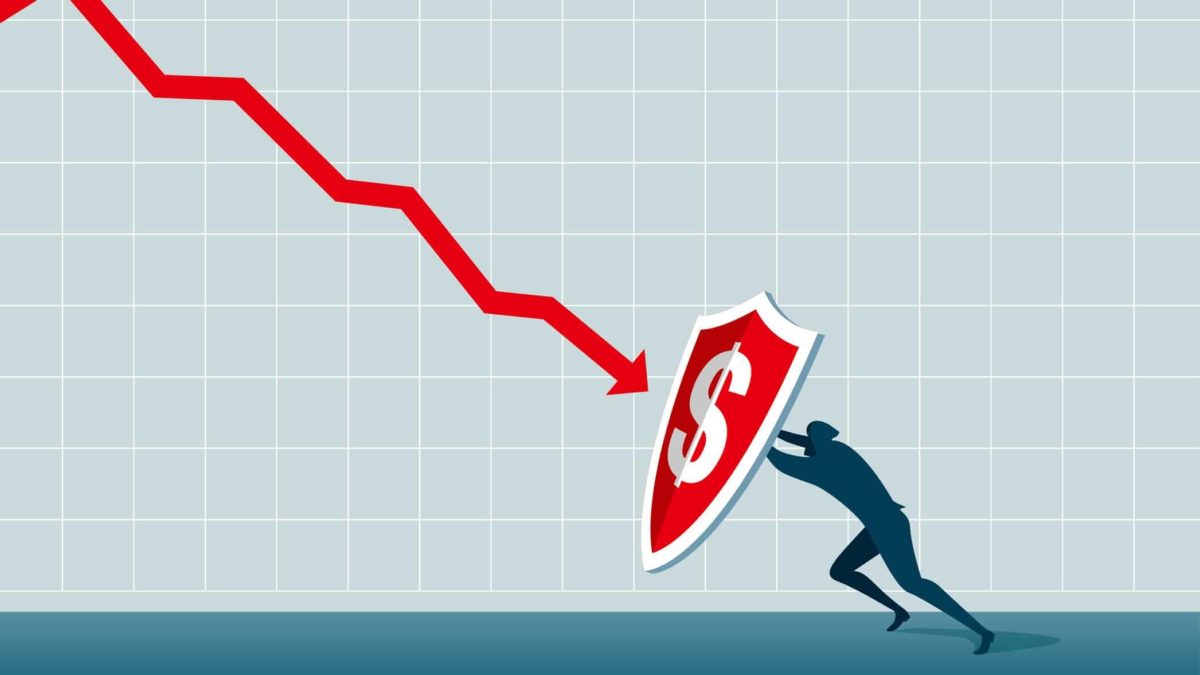Morgan Stanley has warned that the recent rally in ASX 200 shares could soon come to an end.
The broker believes a stop to the rally could come in the form of rising interest rates and a pullback in consumer spending, thus reducing corporate earnings, the Australian Financial Review reported.
The S&P/ASX 200 Index (ASX: XJO) has lifted 10.4% since 3 October to the present day. It's currently up 0.32% in today's trading session.
Let's cover how Morgan Stanley expects rising interest rates to affect ASX 200 shares moving forward.
What did Morgan Stanley say?
Morgan Stanley's head of Australian strategy Chris Nichol said we may not have felt the full effects of rising interest rates, which will put pressure on companies' bottom lines.
He said:
Investors should brace for impact from the lagged effects of an aggressive tightening cycle. The next six months will see fuller effects from an aggressive monetary hiking cycle impacting domestic focused earnings.
Nichol also believes consumers could be underestimating the effect that rising interest rates might have on the economy, which could be leading to a sense of overconfidence in their spending habits.
[Consumers] are not fully calibrating the true extent of the adjustment in disposable income and asset wealth ahead whilst also potentially underappreciating the job required of policymakers to achieve their goals.
The net result of rising interest rates is that housing prices could fall by as much as 20%, Nichol said. This, in turn, may finally force consumers to spend less on discretionary items, thus kicking off a recessionary cycle in the economy.
However, another expert believes ASX 200 shares could have reached their bottom and are poised to rally again.
Have ASX 200 shares bottomed out?
AMP economist Dr Shane Oliver thinks there have been some "fundamental improvements" in the backdrop of ASX 200 shares that occurred during October.
He said the main reason is that inflation appears to have peaked in the United States, dropping from a high of 9.1% in June to 7.7% year-on-year in October.
Oliver notes that with inflation easing, future interest rate hikes by the Fed are likely to be less severe, thus reducing the chance they will put the economy into a recessionary tailspin.
US equities could also be benefiting from a couple of tailwinds in the short-term, Oliver said, including US midterm elections and the fact ASX 200 shares have entered into a bullish part of the year. These cyclical factors could also be giving them a lift.
Oliver also suggested China could look to focus on growing its economy and lift COVID-zero restrictions by the middle of next year.
Summarising his position, Oliver said the following on the longer-term outlook for ASX shares:
We remain optimistic about shares on a 12-month horizon as investors will start to focus on monetary easing from late next year and then economic recovery.









